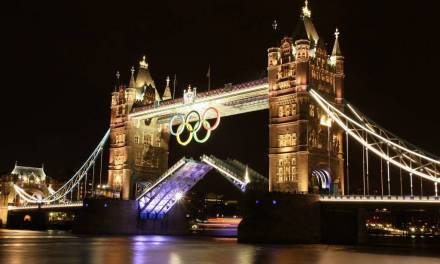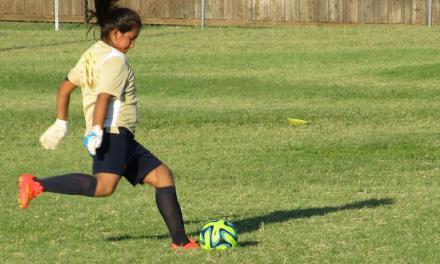The London Olympics has rapidly faded into the distance – an event so planned for, anticipated and celebrated came and went, and now stands more than half a decade ago in our history.
If you cast your mind back, there was much talk that surrounded the event as to how it would go on to shape a generation, to inspire them in their sporting endeavours.
Legacy, is probably nine-tenths of what this process is about – not just 16 days of Olympic sport
The question is whether this came to fruition or, like the imposing yet today underused ArcelorMittal Orbit sculpture, whether all the promises simply fell flat?
2013: 12 Months on from the London Olympics
If we turn the clock back, the positive vibe from the London Olympics was still being felt some 12 months on, with 27% of people in Scotland believing that the Olympics had had a positive effect on sports facilities in their area.
This figure compared to 39% in Northern Ireland and 36% in Wales. A further stat of note from the same BBC survey was that 24% of those aged 18-24 reported that they were more active as a result of the Games.
London 2012 and The UK today
In London, key sports venues that were part of the Olympics have opened up to the public – Zaha Hadid’s aquatics centre became a public facility in 2014, with affordable entrance prices. At the same time, the velodrome was officially opened as part of the larger Lee Valley VeloPark, providing access for cyclists of all types and abilities.
Further additions to the landscape for London’s public include the multi-purpose Copper Box Arena and the Olympic Stadium, which are both in frequent use and have been since the Olympics came to a close.
Yet despite the additions of these impressive facilities to our sporting heritage, the question remains about whether our children feel inspired by the event… and sadly it seems not.
While the London Olympics increased the number of people playing sport once a week by 200,000, this fell back to earth some years on, with a decline of 51,000 in those who regularly play sport being seen in 2013.
Engaging our youngsters in sport remains a challenge – one that we must make continual efforts towards if we’re to fight the ever-growing rates of obesity, let alone improve our Olympics medal haul year on year.
We have to learn from the years since London 2012: how can we ensure that future major sporting events that take place in the UK will leave a legacy that encourages greater levels of participation in sport for all age groups?










